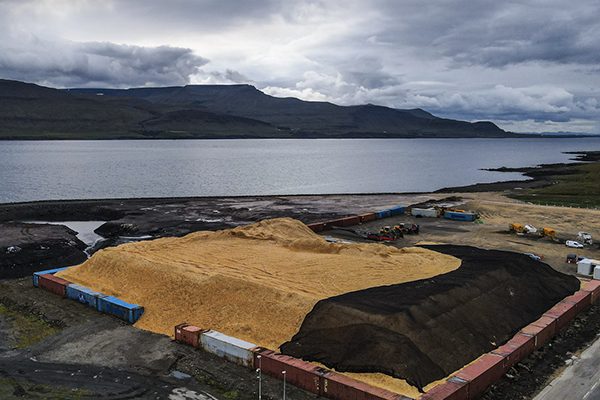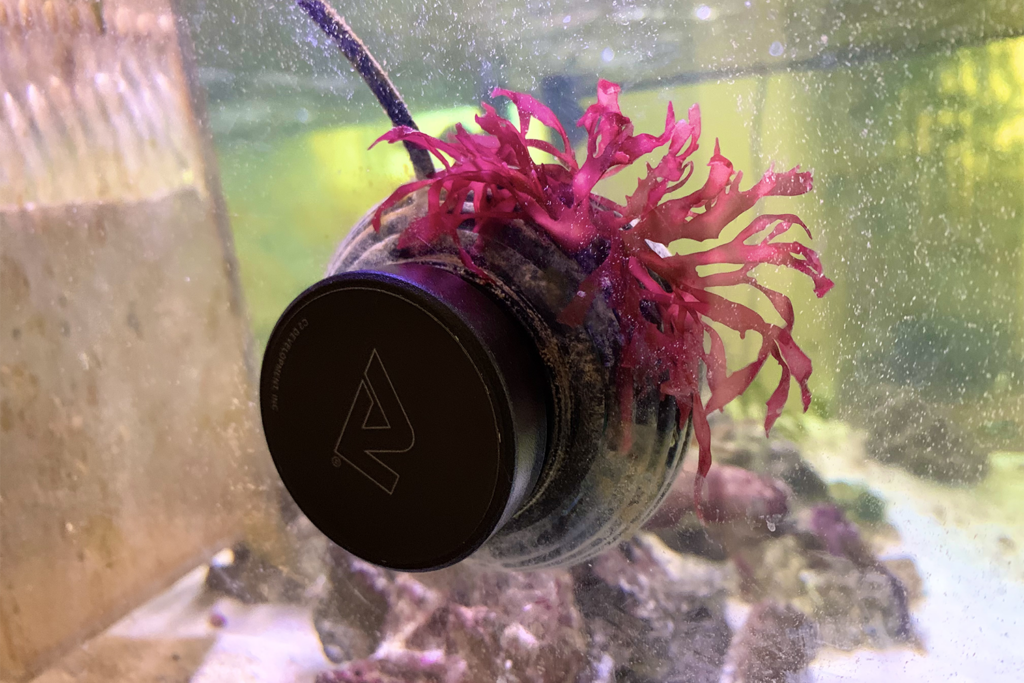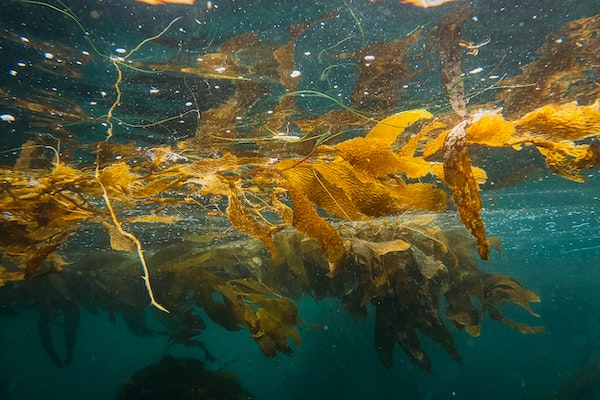New study finds that the ocean can store about 20 percent more carbon than previously estimated by IPCC

A new study has found that the ocean can store more carbon dioxide from the air than scientists previously thought – about 20 percent more than what the latest IPCC (Intergovernmental Panel on Climate Change) report suggested.
The study, which was published in Nature and led by an international research team, looked at how tiny organisms called plankton help move carbon from the ocean’s surface to the bottom.
Plankton eat carbon dioxide and turn it into organic material through photosynthesis as they grow. When plankton die, some of them turn into particles called “marine snow.” These particles sink to the ocean floor, storing carbon there and supplying important nutrients for various deep-sea creatures, ranging from small bacteria to deep-sea fish.
A team of seven scientists studied data collected by oceanographic vessels worldwide since the 1970s. They used this data to create a digital map showing how organic matter moves throughout the oceans. Their new estimate suggests that the ocean can store 15 gigatons of carbon per year – which amounts to 20 percent more than what the IPCC reported in 2021 at 11 gigatons per year.
This reassessment of the ocean’s storage capacity represents a significant advance in our understanding of carbon exchanges between the atmosphere and the ocean at the global level.
This reassessment of how much carbon the ocean can store could be a big step forward in the global knowledge of how carbon moves between the atmosphere and the ocean.
“While this absorption process takes place over tens of thousands of years, and is therefore not sufficient to offset the exponential increase in CO2 emissions caused by worldwide industrial activity since 1750, the study nonetheless highlights the importance of the ocean ecosystem as a major player in the long-term regulation of the global climate,” wrote the scientists in a press release.
Now that you've reached the end of the article ...
… please consider supporting GSA’s mission to advance responsible seafood practices through education, advocacy and third-party assurances. The Advocate aims to document the evolution of responsible seafood practices and share the expansive knowledge of our vast network of contributors.
By becoming a Global Seafood Alliance member, you’re ensuring that all of the pre-competitive work we do through member benefits, resources and events can continue. Individual membership costs just $50 a year.
Not a GSA member? Join us.
Author
-
Responsible Seafood Advocate
[103,114,111,46,100,111,111,102,97,101,115,108,97,98,111,108,103,64,114,111,116,105,100,101]
Tagged With
Related Posts

Responsibility
Study: Global warming above 2 degrees-C will lead to ‘irreversible loss in marine ecosystem habitability’
CSIRO determines that global warming above 2 degrees-C will decrease viable ocean habitats and will affect fishing grounds and productivity.

Responsibility
Running Tide completes ‘first ever’ carbon removal credits in the open ocean
U.S. climate start-up Running Tide has delivered the first-ever carbon removal credits from an open ocean project, funded by Shopify.

Responsibility
Novel land-based tropical red macroalgae cultivation system is based on influent deep seawater as the nutrient and carbon sources
Yield and productivity rates for red macroalgae can exceed terrestrial agriculture, resulting in a carbon-neutral, carbohydrate-rich biomass source.

Responsibility
Study: Large-scale seaweed farming for carbon capture ‘may not be feasible’
A new study raises concerns about the feasibility of global seaweed farming as a potential large-scale carbon capture solution.



